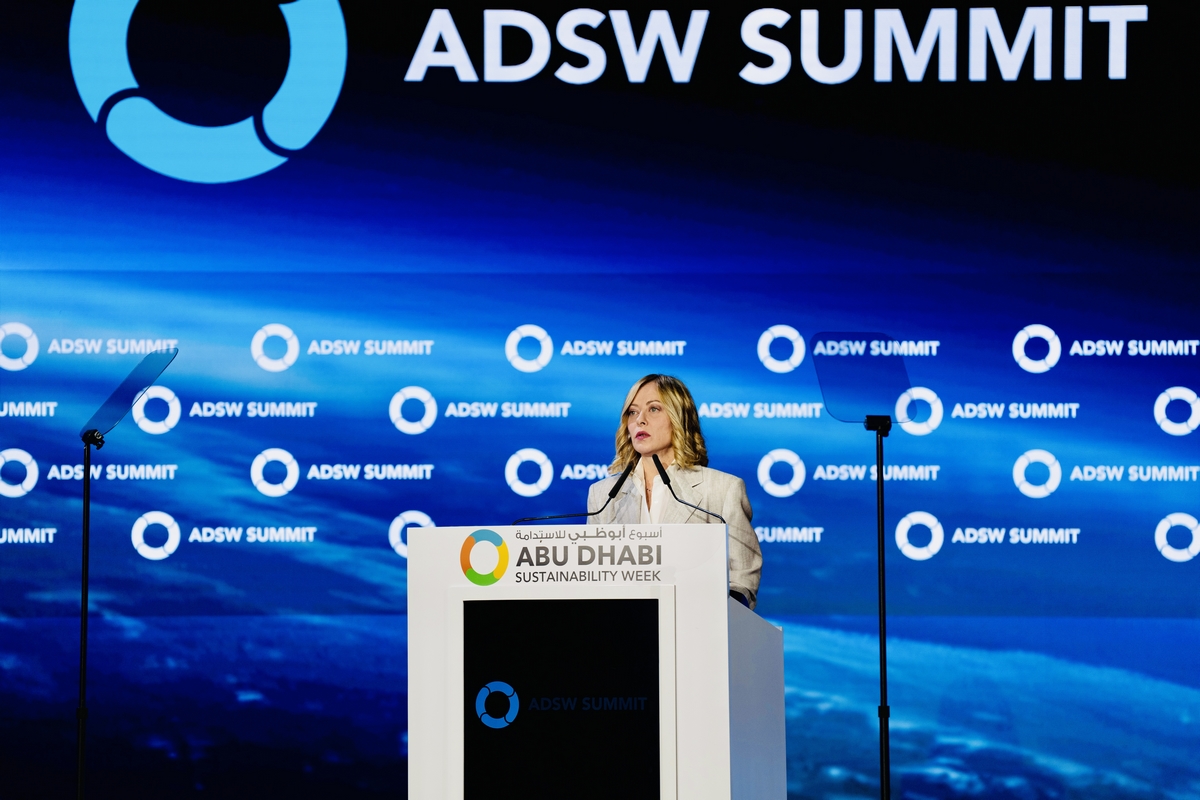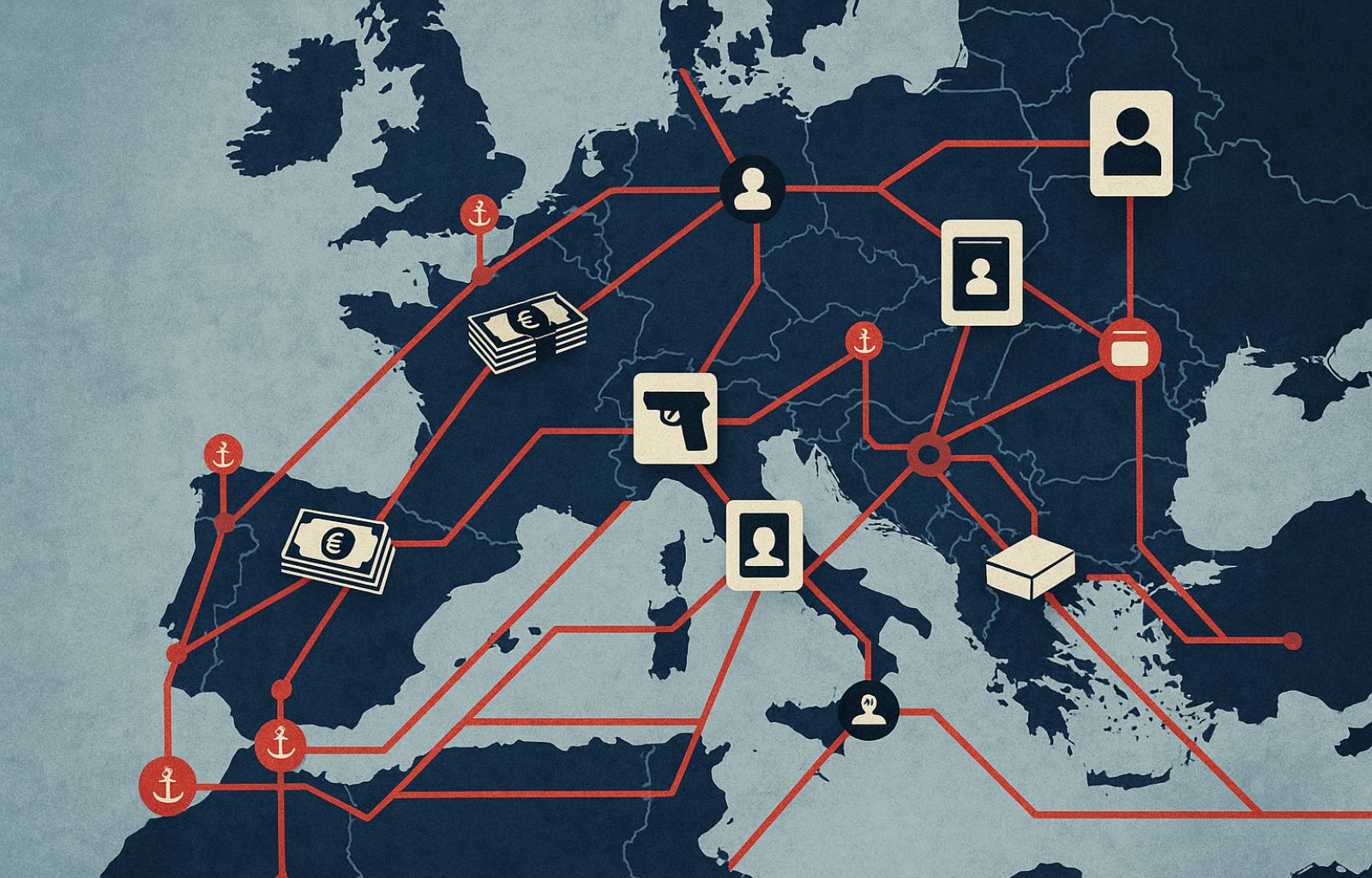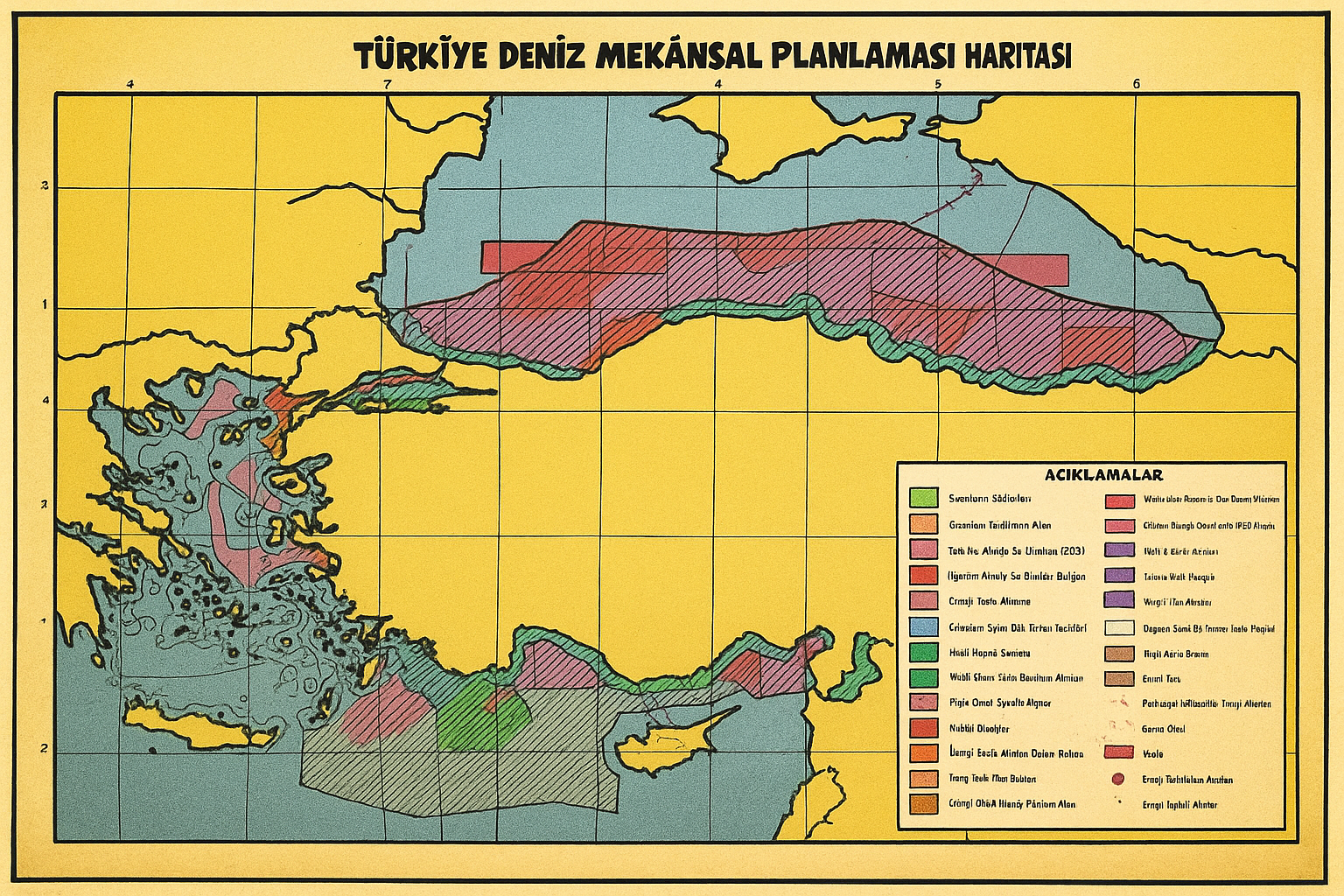The trilateral for clean energy: Italy-Albania-United Arab Emirates agreement

The trilateral agreement between Italy, Albania and the United Arab Emiratesto build a billion euro energy infrastructure is a concrete step towards a more sustainable energy future in Europe. Announced during Abu Dhabi Sustainability Week, the project envisages the production and transport of clean energy from Albania to Italy via an underwater connection in the Adriatic Sea. The initiative is the result of a collaboration involving governments and private investors, with a significant role for the United Arab Emirates, represented by the company Masdar.
A key infrastructure for the energy transition
The project, which is scheduled to be operational within three years, aims to enhance the European energy transition. Albania, thanks to its abundant hydroelectric resources, is destined to become a regional energy hub. With the new infrastructure, a significant part of the renewable energy produced will be exported to Italy, contributing to the diversification of supply sources and the European Union’s climate objectives.
According to Albanian Prime Minister Edi Rama, the project meets the requirements of the European Renewable Energy Regulation, effective from 2026, which will set stricter standards for sustainability. This underlines the importance of initiatives such as this to align with future EU policies.
The United Arab Emirates: a strategic partner
A central element of the agreement is the participation of the United Arab Emirates, represented by the company Masdar, a global leader in the renewable energy sector. Masdar does not limit itself to a simple financial contribution, but brings technical and organisational expertise that is essential for the realisation of the project, thanks to its consolidated experience in the management of complex and innovative infrastructures. Their presence strengthens the link between Europe and the Middle East, highlighting how international cooperation can accelerate progress towards common energy goals.
Giorgia Meloni’s comment: a bridge between the Adriatic and the Mediterranean
Italian Prime Minister Giorgia Meloni described the project as an ‘ambitious new energy interconnection‘, capable of strengthening cooperation between the two sides of the Adriatic. Meloni also stressed the strategic importance of this initiative for European energy policy, in which Italy aspires to play a leading role.

Energy and geopolitics: the role of nuclear power in the energy mix
During his speech, Meloni also addressed the issue of diversification of energy sources. He reiterated the need to integrate renewable energies with emerging technologies such as nuclear power, including a reference to nuclear fusion as a possible revolution in the sector. However, this technology, still at an experimental stage, presents challenges that could postpone its large-scale application.
A lesson in international cooperation
The Italy-Albania-United Arab Emirates agreement is a concrete example of how international collaboration can address global challenges such as climate change and energy security. Although the path to a complete energy transition is complex, initiatives like this one show that significant progress is possible through shared vision and strategic partnerships. In this context, the role of the United Arab Emirates emerges as crucial not only for the resources invested, but also for the expertise that contributes to the success of the initiative, highlighting the importance of an integrated, pragmatic and international approach towards energy sustainability.
Challenges and perspectives
Despite the project’s potential, there is no shortage of challenges. The construction of the infrastructure will require a significant commitment in terms of financial resources and coordination between the parties involved. It remains an open question how this project will fit into the broader European energy strategy, where harmonisation between national policies and EU objectives is crucial to ensure lasting results.











